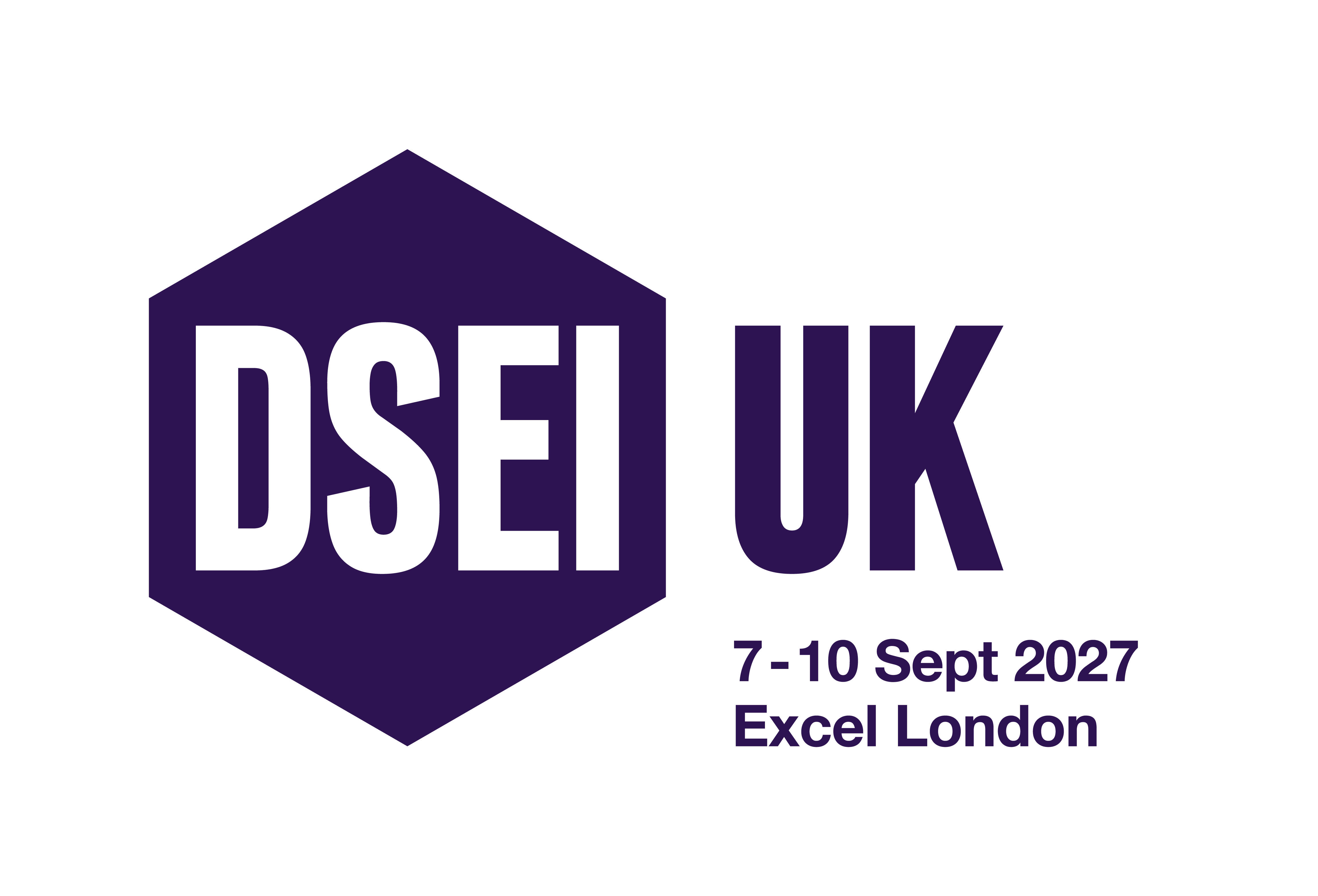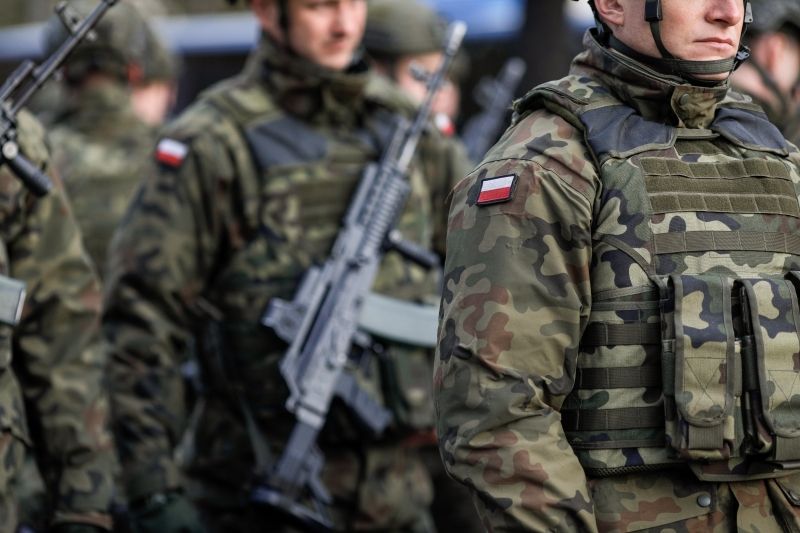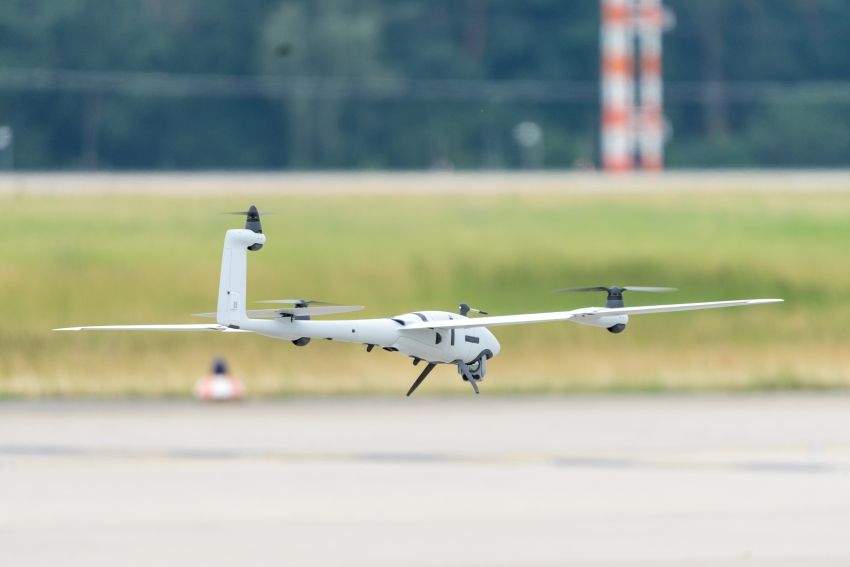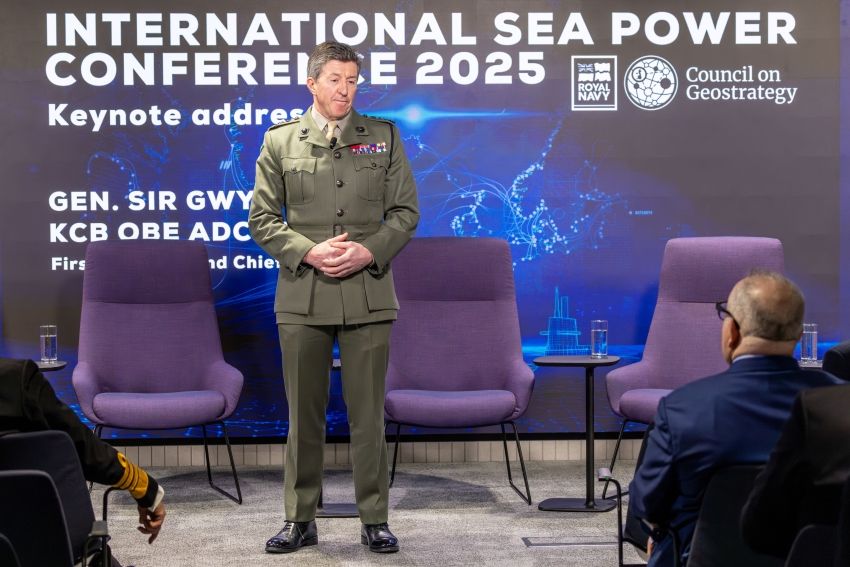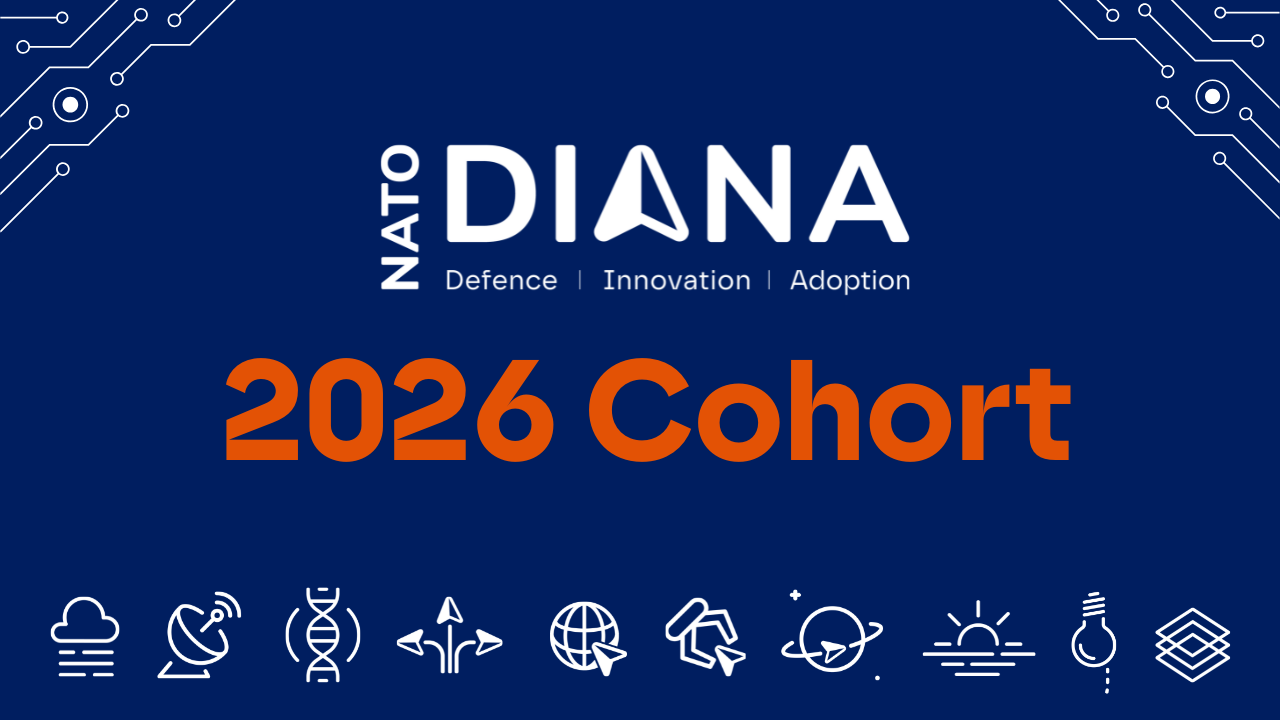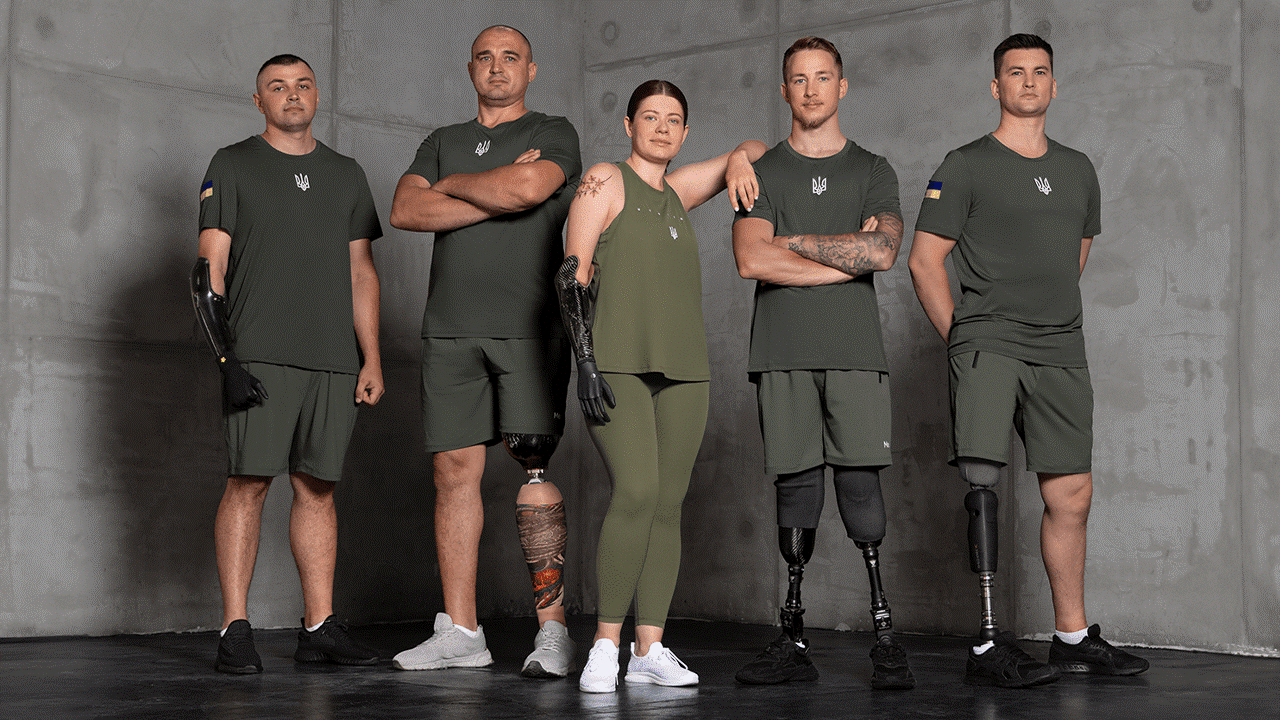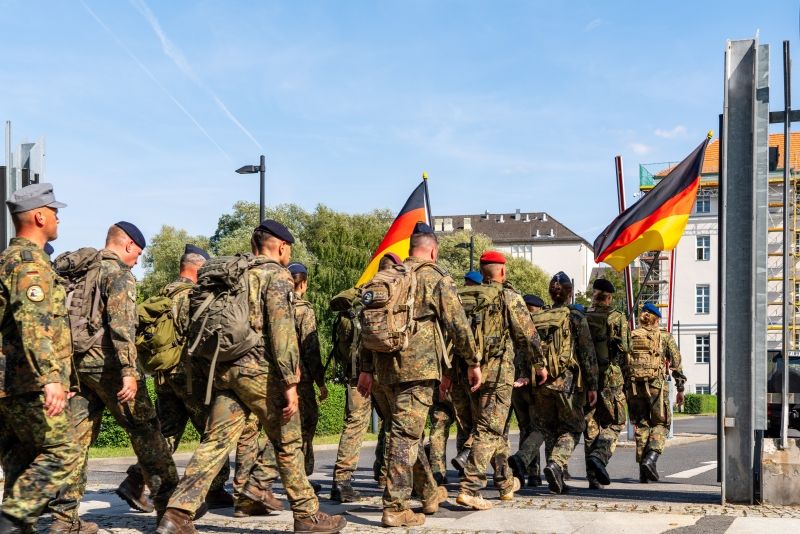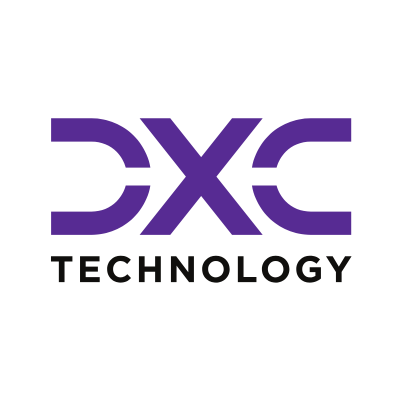Providing impartial insights and news on defence, focusing on actionable opportunities.
We're sorry, but we couldn't find any results that match your search criteria. Please try again with different keywords or filters.
Loading
-
The move follows several big spending commitments on defence in Germany.
-
The funding will support dozens of projects from AI to air combat.
-
Solutions are needed that focus on five key themes, two of which are related to drones.
-
Selected firms receive EUR120,000 in funding each to accelerate their technologies.
-
The hub will be established as part of Germany’s land forces, though it is expected to benefit the whole of the country’s military.
-
The US is looking to replace legacy systems with the new platform.
-
The five-pillar plan emphasises the need to shift to a hybrid and restructured force.
-
The treaty will simplify international exports for UK defence firms and foster closer ties between the UK and Europe.
-
Already GBP14 million has been invested into technology under the plan.
-
It represents a doubling of the accelerator’s capacity within just one year.
-
The two countries will spearhead NATO adoption of uncrewed systems in the North Sea.
-
Featured New
- Feature
- Europe
- Medical
Rehabilitating Ukraine: How NATO is sustaining Ukraine’s military
Medical support and rehabilitation are essential to sustain Ukraine’s ability to fight. DSEI Gateway speaks with key officials from NATO’s Operation Renovator to explore how it is supporting this need ... -
Other procurements include cruise missiles for Germany’s F-35 fleet.
-
Successful solutions could support the UK’s future GBP1 billion Digital Targeting Web system.
-
The US aims to carry out production over two years and in four phases.
253 Results
